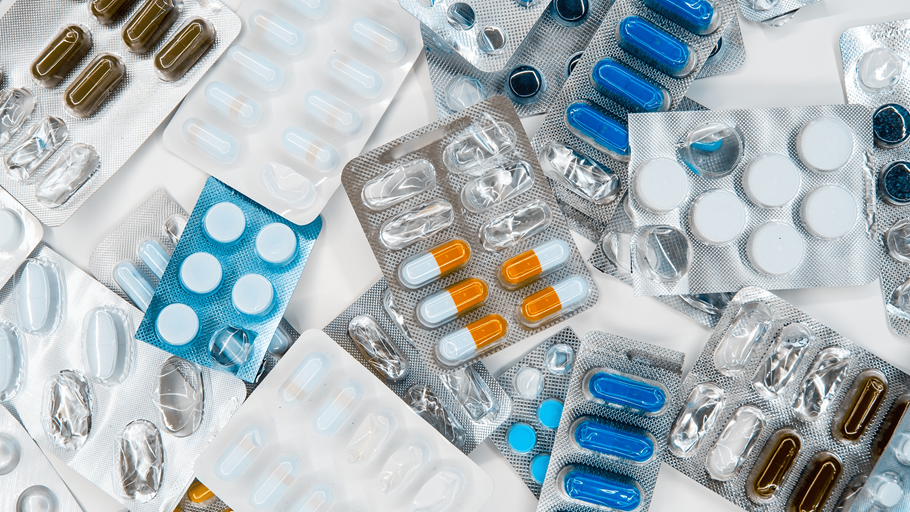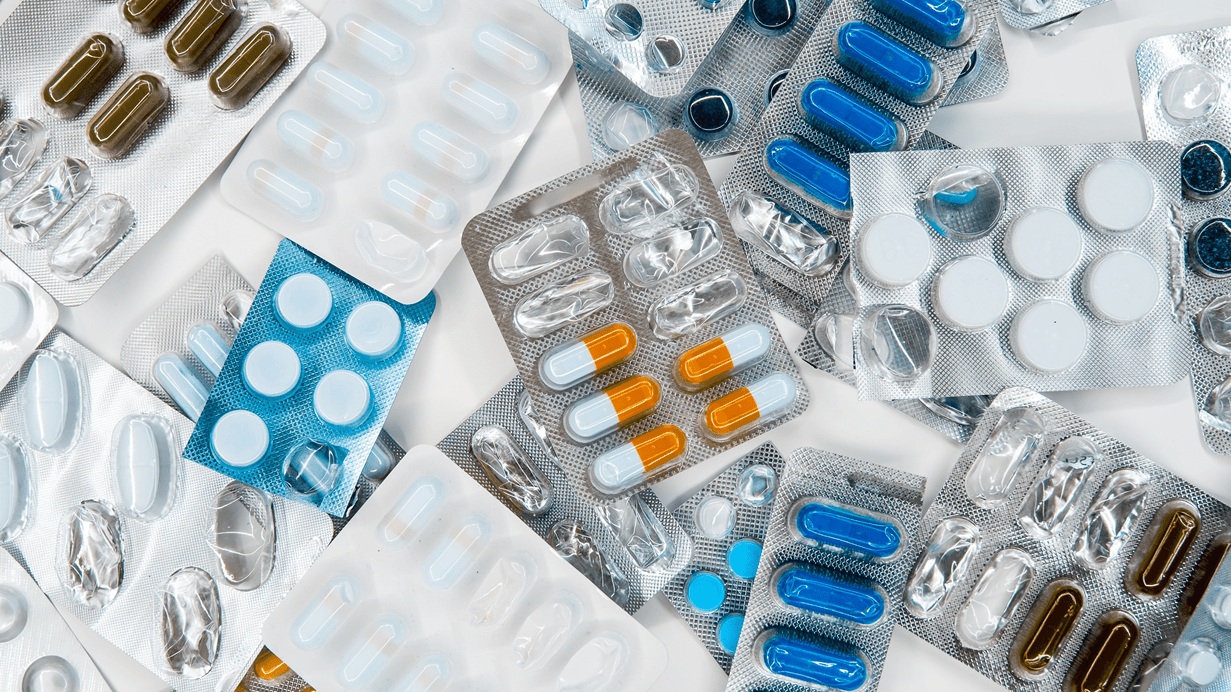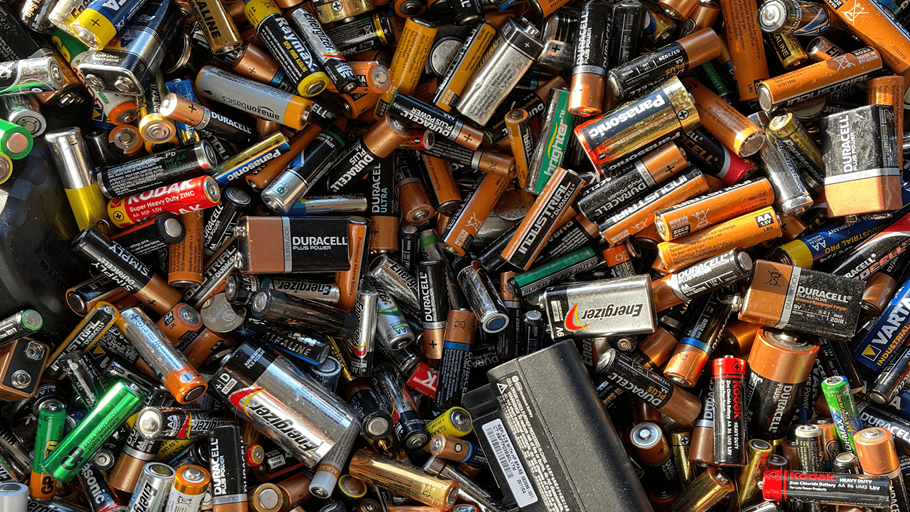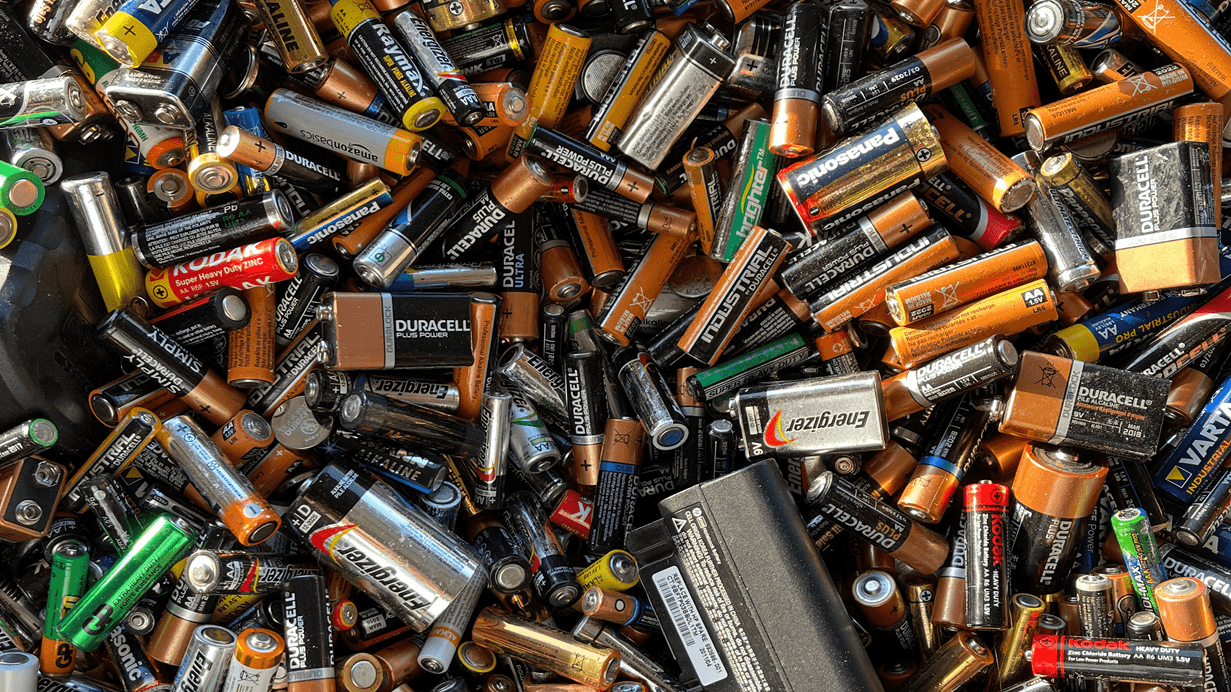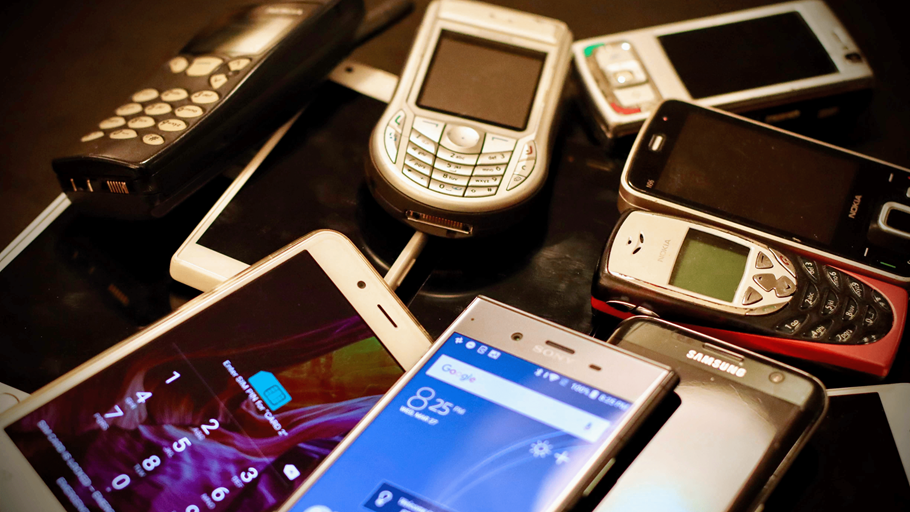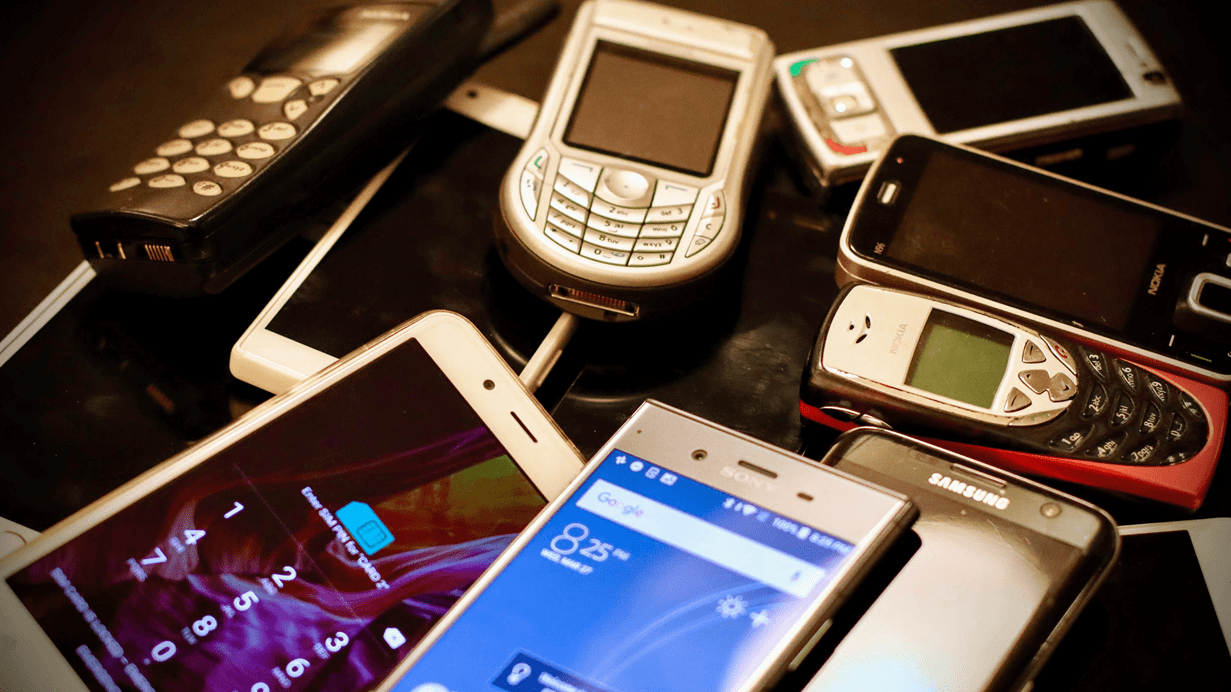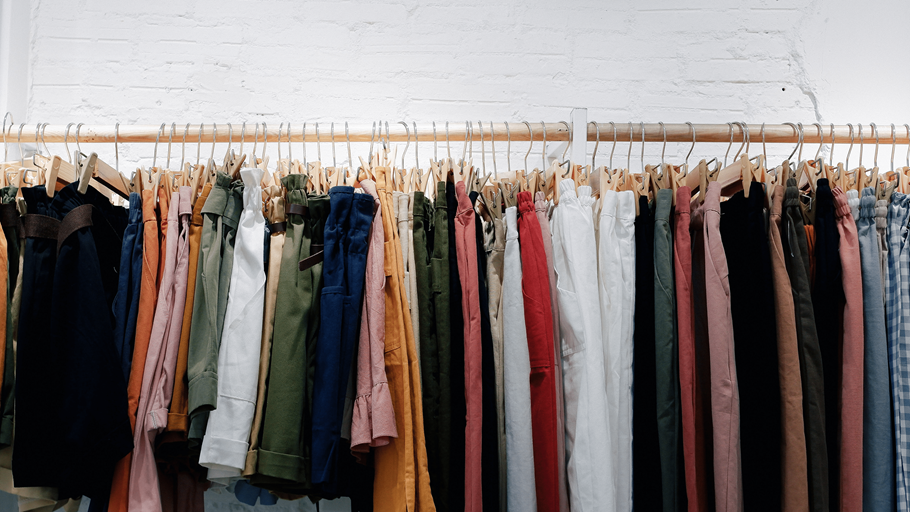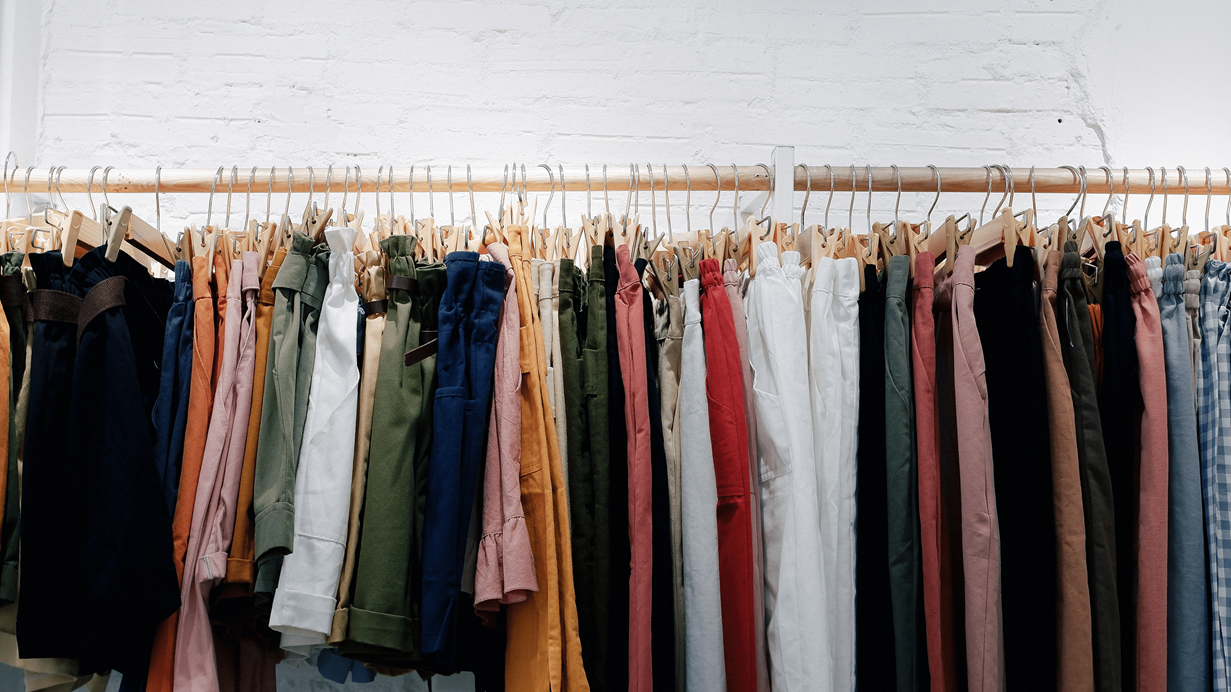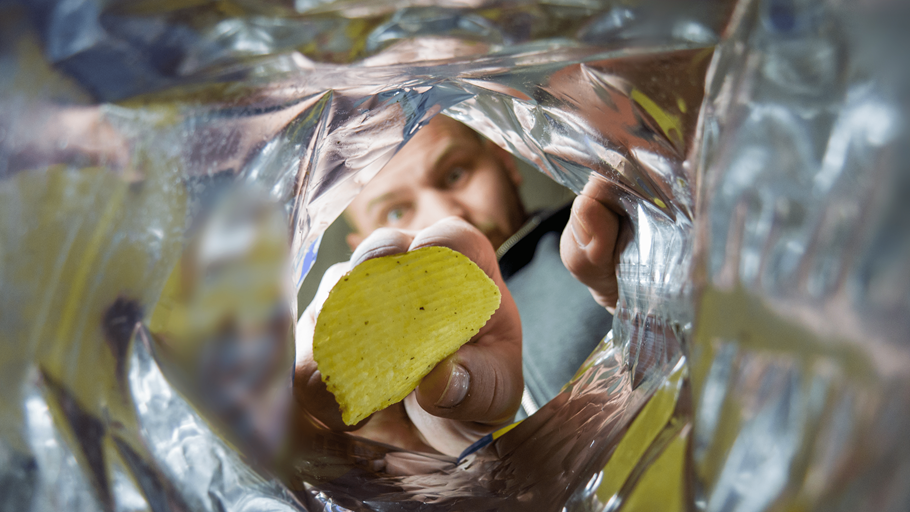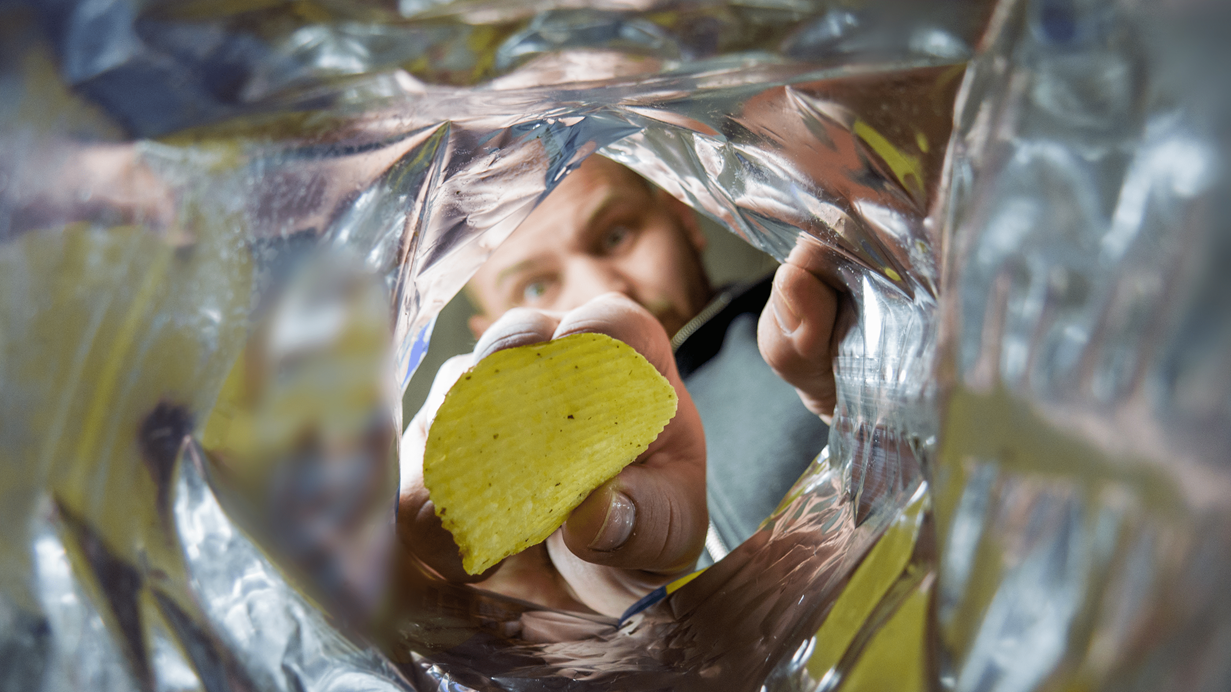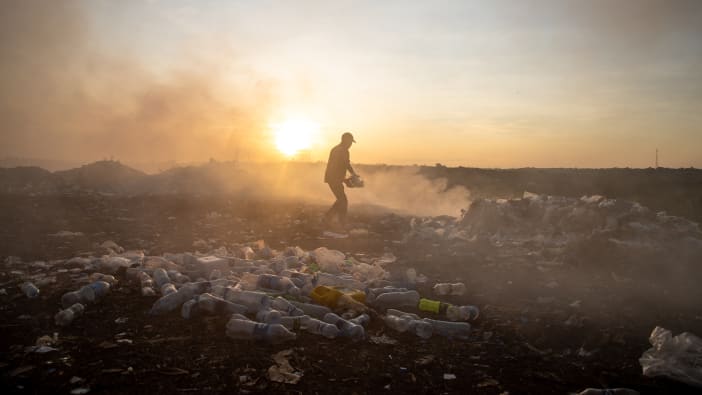Have you ever wondered where or if something can be recycled? Look no further: we’ve answered the tricky recycling questions we’re often asked by Tearfund supporters.
It’s our privilege and responsibility to look after God’s earth, and we know that plastic pollution impacts people living in poverty the most. So, one of the most important ways we can respond is by reducing how much single-use plastic we use, and then recycling everything we’re left with.
Recycling rules vary depending on where you are in the UK. But most of the answers to your commonly asked recycling questions apply regardless of your postcode. We hope you’ll find our guide helpful.
Soft plastics
Plastic pasta bags, crisp packets and the chocolate bar that somehow got into your shopping basket… Our grocery shops often seem full of ‘soft’ plastic – the lightweight plastic that pings back when you scrunch it. This can’t be recycled at home so it often goes into our general waste. The good news is that many supermarkets now provide collection points for recycling soft plastics (see the Recycle Now website to find your local facility).
However, there is a question over how well soft plastics are recycled. They are difficult, low-value items to recycle, meaning it’s often not cost-effective to do so: it’s easier to burn or discard them. Plastic tracked from Tesco’s soft plastic recycling scheme was found at the margins of waste management systems and in the hands of recycling companies that burnt or buried non-recyclable waste.
But as more of us use these collection points, it demonstrates a desire from consumers that less of what we buy ends up in landfill. That’s why many supermarkets are taking steps to reduce the plastic they use, and Morrisons is trialling zero-waste stores. Why not write to your local supermarket to encourage them to do more to reduce their plastic?
Because plastics decrease in quality each time they’re recycled (unlike glass, which can be recycled over and over again) it’s always best to reduce our soft plastic use where we can. Read our guide to plastic-free swaps for some top tips.







